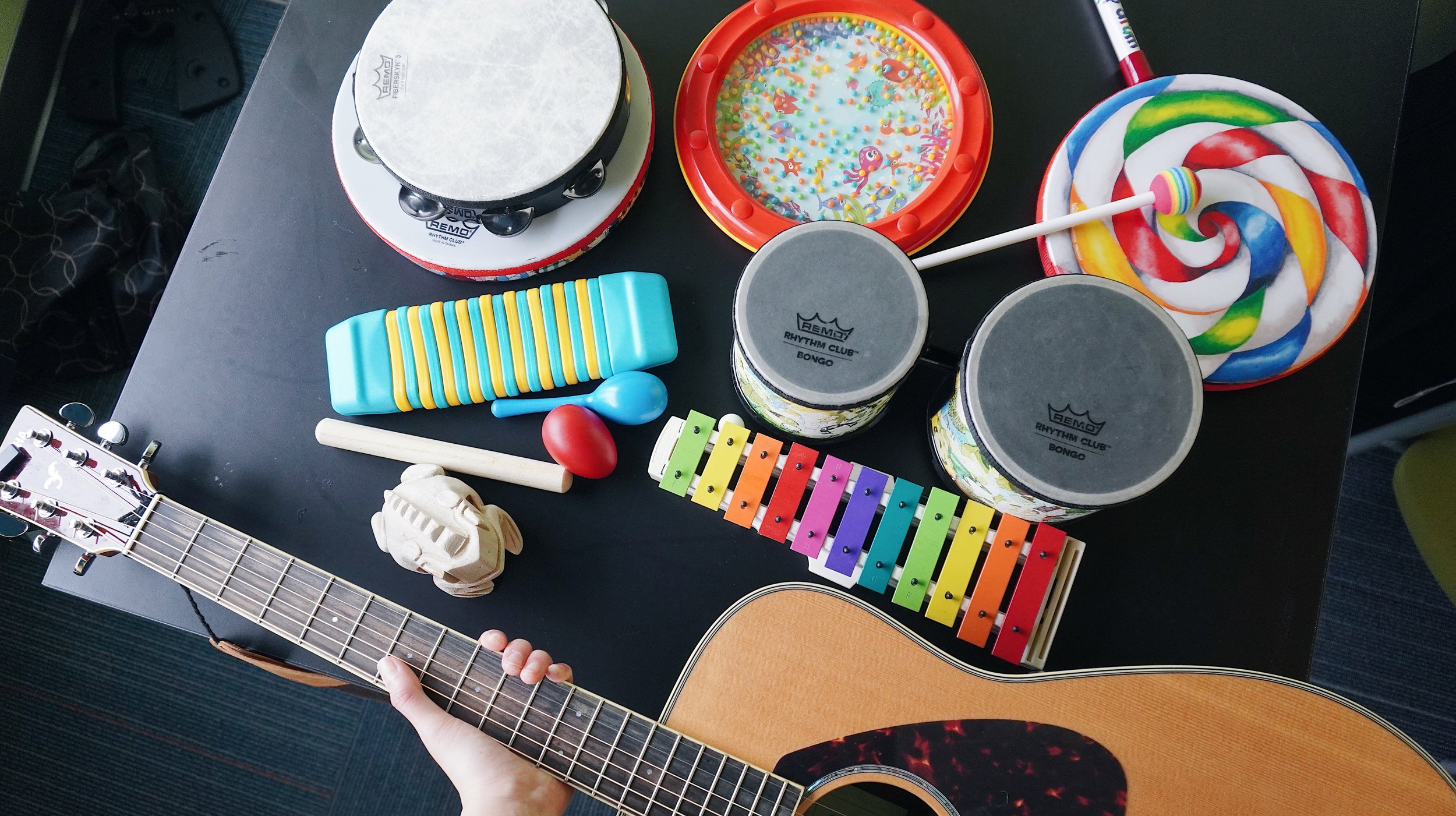
Pediatric Medical and Hospital
Music therapy in pediatric medical and hospital settings is a specialized approach that uses music to provide comfort, support, and therapeutic benefits to children and adolescents facing various medical challenges. This form of therapy is designed to enhance the overall well-being of young patients, alleviate stress, promote emotional expression, and facilitate positive coping mechanisms during their medical journeys.
Key aspects of music therapy in pediatric medical settings include:
Autonomy: Music therapy helps the child to have the opportunity to make choices in an environment where they may not feel like they have control.
Emotional Support: Music therapy provides a creative outlet for children to express their feelings, fears, and concerns related to their medical experiences. It offers a way to process emotions and reduces anxiety.
Relaxation: Engaging in musical activities can serve as a distraction from medical procedures, reducing fear and anxiety. Music's calming qualities promote relaxation and comfort.
Pain Management: Music therapy has been shown to help reduce perceived pain and discomfort during medical procedures, contributing to a more positive overall experience.
Normalization: Music therapy helps create a sense of normalcy in the hospital environment, offering opportunities for play, creativity, and interaction, even in the midst of medical treatments.
Social Interaction: Group music therapy sessions provide a platform for social interaction and peer connections, allowing children to bond with others who share similar experiences.
Developmental Stimulation: Music therapy supports developmental milestones by engaging children in movement, coordination, and cognitive activities that are appropriate for their age and abilities.
Communication Enhancement: For children with communication challenges, music therapy can provide an alternative means of expression and interaction.
Family Involvement: Music therapy encourages family members to participate in sessions, promoting bonding and emotional support for both the child and their caregivers.
Interventions
Music therapy interventions for pediatric patients in medical settings can include:
Playing and experimenting with musical instruments.
Singing songs related to the child's interests.
Creating personalized songs or musical stories.
Using music to establish routines and transitions.
Engaging in musical games and activities.
Guided relaxation and visualization exercises.
Music therapists in pediatric medical and hospital settings collaborate with medical teams to ensure that interventions are safe and appropriate for the child's medical condition. The therapist adapts interventions based on the child's age, developmental level, medical needs, and personal preferences.
Overall, music therapy in pediatric medical settings aims to improve the hospital experience for young patients, enhance their emotional well-being, and contribute to their overall healing and recovery process. By harnessing the positive impact of music, therapists create a nurturing environment where children can find comfort and strength amidst medical challenges

